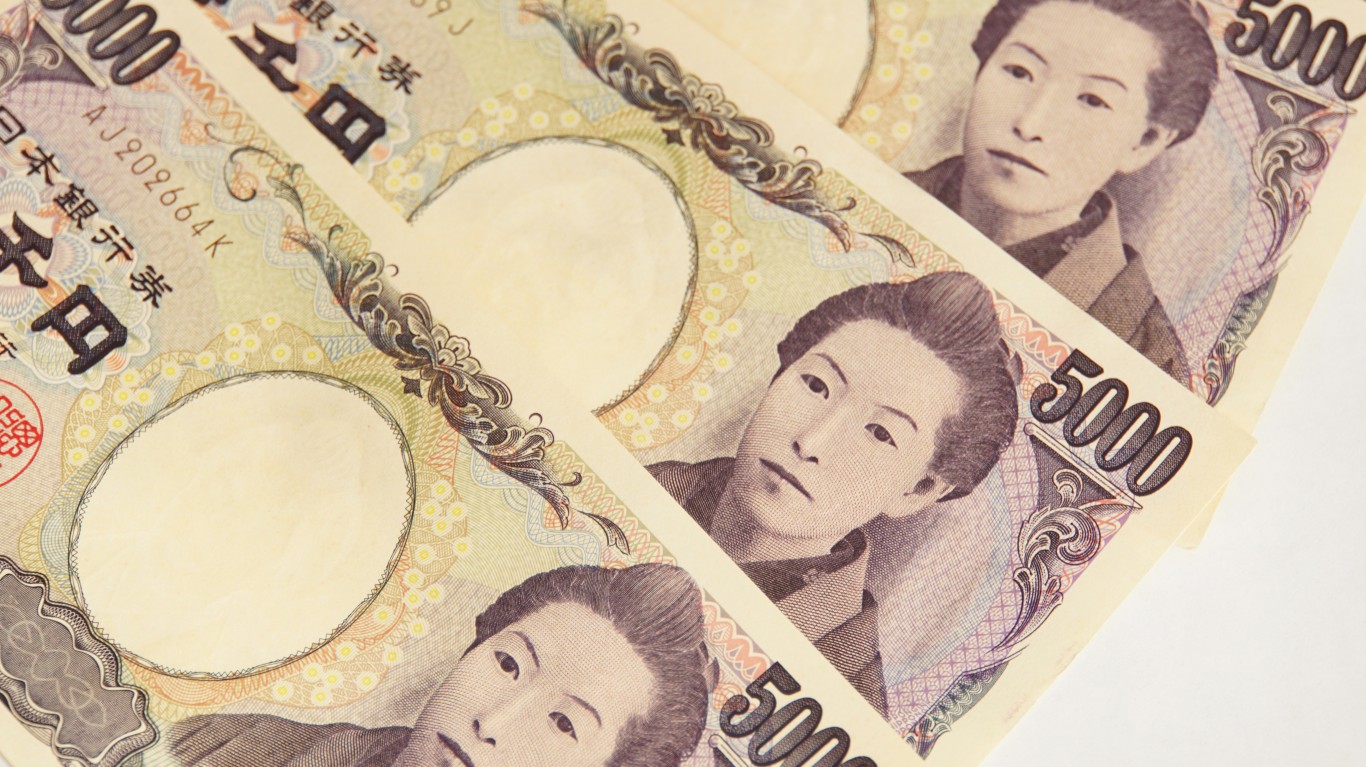

The Bank of Japan (BOJ) has announced plans to purchase additional government bonds as the country’s inflation likely hit a fresh 41-year-high in December. The central bank might consider further steps to address market distortions after a surprise decision to adjust its yield curve control program last month.
BOJ to Conduct Outright Bond Purchases
On Friday, the BOJ said it would buy additional Japanese government bonds on Monday. “The Bank will make nimble responses by conducting additional outright purchases,” the central bank has reportedly said in a statement, adding that it will decide the details based on market conditions.
The move comes as Japan’s core consumer prices likely rose 4.0% in December, according to a Reuters poll of economists. The nation’s core consumer price index (CPI), which excludes volatile fresh food items but includes energy, likely rose 4.0% from a year earlier, according to economists in the Reuters poll.
Furthermore, the economists projected that wholesale inflation would increase to 9.5% in December. Core machinery orders, a key indicator of investment, were tipped to fall 0.9% in November, the first decrease since September.
Core consumer prices in Japan climbed 3.7% in November due to rising food and energy costs. Koya Miyamae, a senior economist at SMBC Nikko Securities, said in December last year that inflation could further increase, “nearing or potentially rising above four percent in December.”
The BOJ also laid out plans to purchase around ¥9 trillion (worth around $68 billion) in Japanese government bonds per month from January until March 2023, up from the previous target of ¥7.3 trillion a month late last year.
Japanese Officials Intervene in FX Market to Shore up Yen
Speculations that the Japanese government might intervene in currency markets started to grow in mid-September after authorities warned about the yen’s volatility. By late October, the country’s policymakers allegedly intervened twice in the FX market to shore up the national currency.
In late December, the country made a surprise decision to adjust its yield curve control program, allowing a benchmark interest rate to rise from 0.25% to 0.5%. The central bank kept its target range around zero for the benchmark government bond yield. It also left its short-term interest rate low at -0.1%.
At the time, the BOJ said the move was intended to “improve market functioning and encourage a smoother formation of the entire yield curve while maintaining accommodative financial conditions.”
The surprise decision sent shock waves across global financial markets. Following the announcement, global stock markets, particularly in the Asia-Pacific region, dropped. The yen surged more than 3%, and bond yields shot up.
Paul Sheard, a former chief economist of S&P Global, has told the New York Times that the BOJ’s move could be the start of monetary tightening, the policy in which a central bank raises interest rates and deposit ratios to make credit less easily available. He said:
“[For] the median investor in the world who’s looking at Japan out of the corner of their eye, suddenly you see something that looks like the first move in what could be monetary tightening. That’s like a game changer.”
According to Brad Setser, a fellow at the Council on Foreign Relations and an expert on global trade and capital flows, a rapid reversal by the BOJ “could generate some hard-to-anticipate shock waves around the world.” He added that rapid rises in long-term Japanese rates push up long-term interest rates globally in the worst-case scenario.
Meanwhile, the Japanese yen has strengthened 0.6% against the dollar at 128.5, having touched a fresh seven-month high of 128.65 per dollar earlier in the day.
This article originally appeared on The Tokenist
Take This Retirement Quiz To Get Matched With A Financial Advisor (Sponsored)
Take the quiz below to get matched with a financial advisor today.
Each advisor has been vetted by SmartAsset and is held to a fiduciary standard to act in your best interests.
Here’s how it works:
1. Answer SmartAsset advisor match quiz
2. Review your pre-screened matches at your leisure. Check out the
advisors’ profiles.
3. Speak with advisors at no cost to you. Have an introductory call on the phone or introduction in person and choose whom to work with in the future
Take the retirement quiz right here.
Thank you for reading! Have some feedback for us?
Contact the 24/7 Wall St. editorial team.



